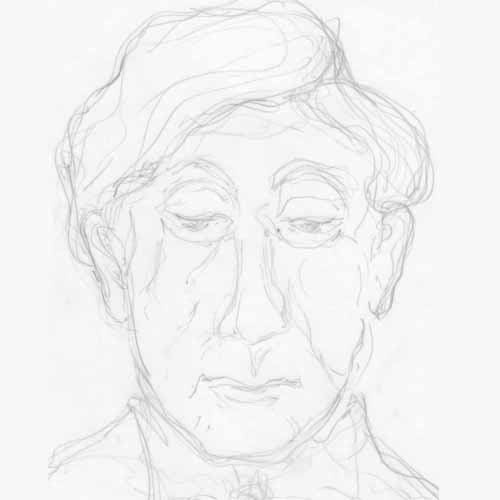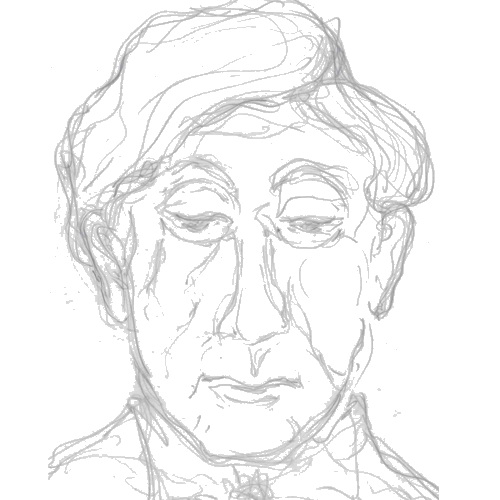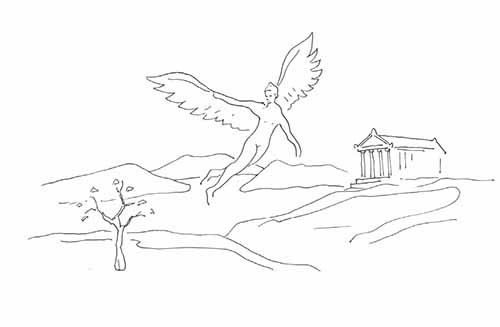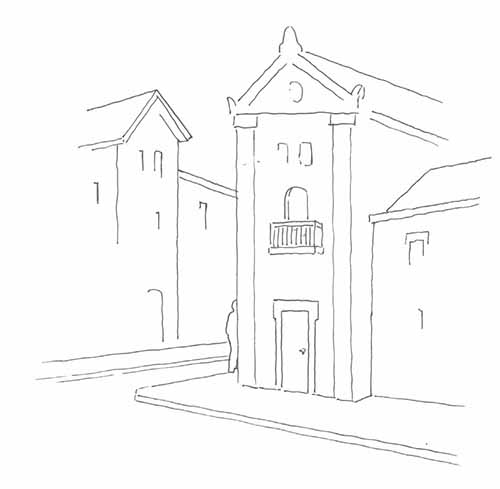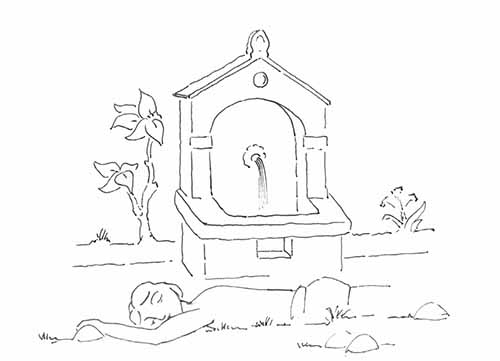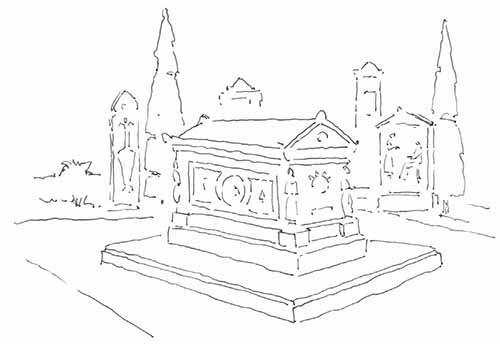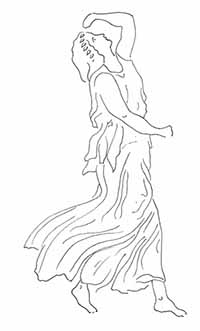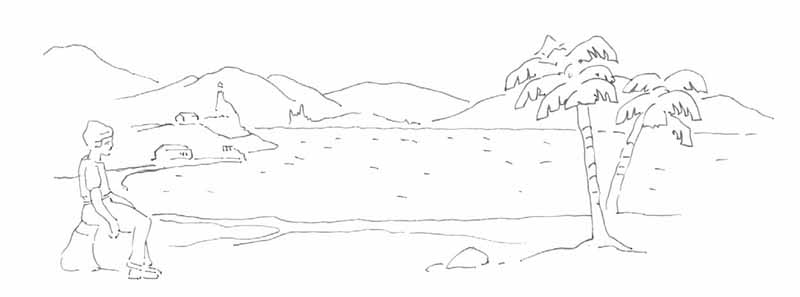ΠΕΡΙΜΕΝΟΝΤΑΣ ΤΟΥΣ ΒΑΡΒΑΡΟΥΣ
-Τι περιμένουμε στην αγορά συναθροισμένοι;
Είναι οι βάρβαροι να φθάσουν σήμερα.
- Γιατί μέσα στην Σύγκλητο μιά τέτοια απραξία;
Τι κάθοντ’ οι Συγκλητικοί και δεν νομοθετούνε;
Γιατί οι βάρβαροι θα φθάσουν σήμερα.
Τι νόμους πιά θα κάμουν οι Συγκλητικοί;
Οι βάρβαροι σαν έλθουν θα νομοθετήσουν.
- Γιατί ο αυτοκράτωρ μας τόσο πρωί σηκώθη,
και κάθεται στης πόλεως την πιό μεγάλη πύλη
στον θρόνο επάνω, επίσημος, φορώντας την κορώνα;
Γιατί οι βάρβαροι θα φθάσουν σήμερα.
Κι ο αυτοκράτωρ περιμένει να δεχθεί
τον αρχηγό τους. Μάλιστα ετοίμασε
για να τον δώσει μιά περγαμηνή. Εκεί
τον έγραψε τίτλους πολλούς κι ονόματα.
- Γιατί οι δυό μας ύπατοι κ’ οι πραίτορες εβγήκαν
σήμερα με τες κόκκινες, τες κεντημένες τόγες˙
γιατί βραχιόλια φόρεσαν με τόσους αμεθύστους,
και δαχτυλίδια με λαμπρά, γυαλιστερά σμαράγδια˙
γιατί να πιάσουν σήμερα πολύτιμα μπαστούνια
μ’ ασήμια και μαλάματα έκτακτα σκαλιγμένα;
Γιατί οι βάρβαροι θα φθάσουν σήμερα˙
και τέτοια πράγματα θαμπόνουν τους βαρβάρους.
- Γιατί κ’ οι άξιοι ρήτορες δεν έρχονται σαν πάντα
να βγάλουνε τους λόγους τους, να πούνε τα δικά τους;
Γιατί οι βάρβαροι θα φθάσουν σήμερα˙
κι αυτοί βαρυούντ’ ευφράδειες και δημηγορίες.
- Γιατί ν’ αρχίσει μονομιάς αυτή η ανησυχία
κ’ η σύγχυσις. (Τα πρόσωπα τι σοβαρά που εγίναν).
Γιατί αδειάζουν γρήγορα οι δρόμοι κ’ η πλατέες,
κι όλοι γυρνούν στα σπίτια τους πολύ συλλογισμένοι;
Γιατί ενύχτωσε κ’ οι βάρβαροι δεν ήλθαν.
Και μερικοί έφθασαν απ’ τα σύνορα,
και είπανε πως βάρβαροι πιά δεν υπάρχουν.
Και τώρα τι θα γίνουμε χωρίς βαρβάρους.
Οι άνθρωποι αυτοί ήσαν μιά κάποια λύσις.
WAITING FOR THE BARBARIANS
- What are we waiting for, assembled in the forum?
The barbarians are due here today.
- Why such inaction in the Senate?
Why do the senators sit back, without legislating?
‘Cause the barbarians will arrive today.
What laws should our senators be passing?
When the barbarians come, they’ll do the legislating.
- Why did our emperor get up so early in the morning,
and by the city’s largest gate is sitting on the throne,
in state, wearing the crown?
‘Cause the barbarians will arrive today.
And our emperor awaits to receive
their leader. He has indeed prepared
a scroll to give him. There
he has inscribed many titles and designations.
- Why our two consuls and the praetors
came out in their embroidered, crimson togas?
Why did they put on bracelets with amethysts, and rings
with splendid emeralds, all shining and sparkling?
why did they take in hand precious canes today
with gold and silver splendidly engraved?
‘Cause the barbarians will arrive today;
barbarians are dazzled by things as these.
- Why don’t the skilled orators come forward as ever
to make their speeches, give their recitations?
‘Cause the barbarians will arrive today;
and they are bored by rhetoric, orations.
- Why this sudden agitation and unease?
(How serious the faces have become).
Why are the streets and the squares emptying in such a haste
and everyone’s returning home so deeply lost in thought?
‘Cause night fell and the barbarians never came.
And men who just arrived from the border
are saying that barbarians are no more.
- And now, what of us, without barbarians?
Those people were some kind of a solution.
